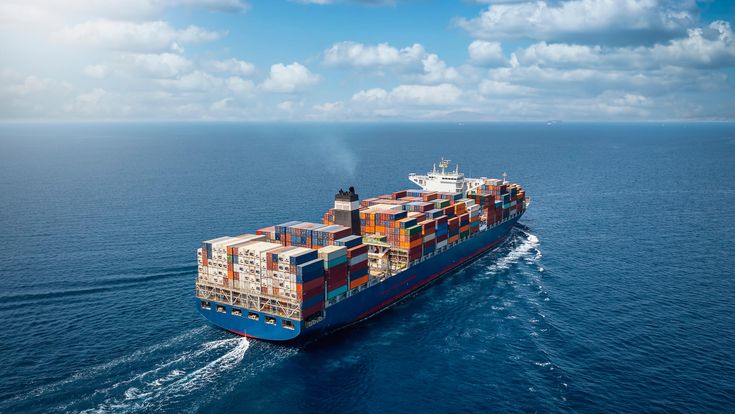In today’s fast-paced, globalized environment, operational efficiency is not just a competitive advantage—it’s a necessity. Organizations that manage fleets, whether in transportation, defense, or field services, are under constant pressure to reduce downtime, improve service delivery, and maximize resource utilization. This is where Fleet Logistics Support becomes a game-changer.
By streamlining the movement of goods, personnel, and equipment, Fleet Logistics Support helps businesses and government agencies meet their strategic goals while reducing operational hiccups. But how exactly does it deliver such value?
1. Centralized Coordination and Visibility
One of the biggest challenges in managing a large fleet is maintaining visibility over multiple assets across various locations. Fleet Logistics Support systems offer centralized platforms that allow real-time tracking, scheduling, and status updates of vehicles and shipments.
2. Optimized Route Planning
Advanced fleet support systems leverage AI and GPS technologies to optimize route planning. By analyzing traffic conditions, delivery deadlines, and fuel consumption, these systems suggest the most efficient routes.
3. Predictive Maintenance and Asset Longevity
Fleet Logistics Support doesn’t just monitor the movement of vehicles—it also tracks their health. Predictive maintenance uses data analytics to anticipate equipment failures before they occur.
4. Real-Time Communication and Decision Making
Effective communication is vital to logistics operations. Fleet support systems allow for real-time messaging, alerts, and feedback loops between drivers, command centers, and customers.
5. Enhanced Compliance and Reporting
Staying compliant with regional transport regulations, environmental laws, and internal policies is a huge challenge for large fleet operators. Fleet Logistics Support simplifies compliance with automated reporting and digital logs.
6. Cost Efficiency and Resource Optimization
Through route optimization, load balancing, and real-time monitoring, Fleet Logistics Support significantly reduces waste. You need fewer vehicles to do more work—without compromising quality.
7. Scalability for Future Growth
Modern fleet support platforms are built to scale. Whether you’re managing 20 vehicles or 2,000, the same infrastructure can support future growth without major overhauls.
8. Boosting Customer Satisfaction
For service-based businesses, timely deliveries and service calls are key performance indicators. Fleet Logistics Support ensures predictable ETAs, live tracking, and proactive updates.
Conclusion: The Future is Smart, Connected, and Fleet-Optimized
Fleet Logistics Support is more than just a backend function—it’s the heart of modern operational strategy. Whether you’re running a logistics firm, a public transportation network, or a military operation, embracing this support system empowers you to operate smarter, faster, and more sustainably.
From predictive maintenance to smart route planning, Fleet Logistics Support brings together technology, data, and people to drive holistic performance improvements.









